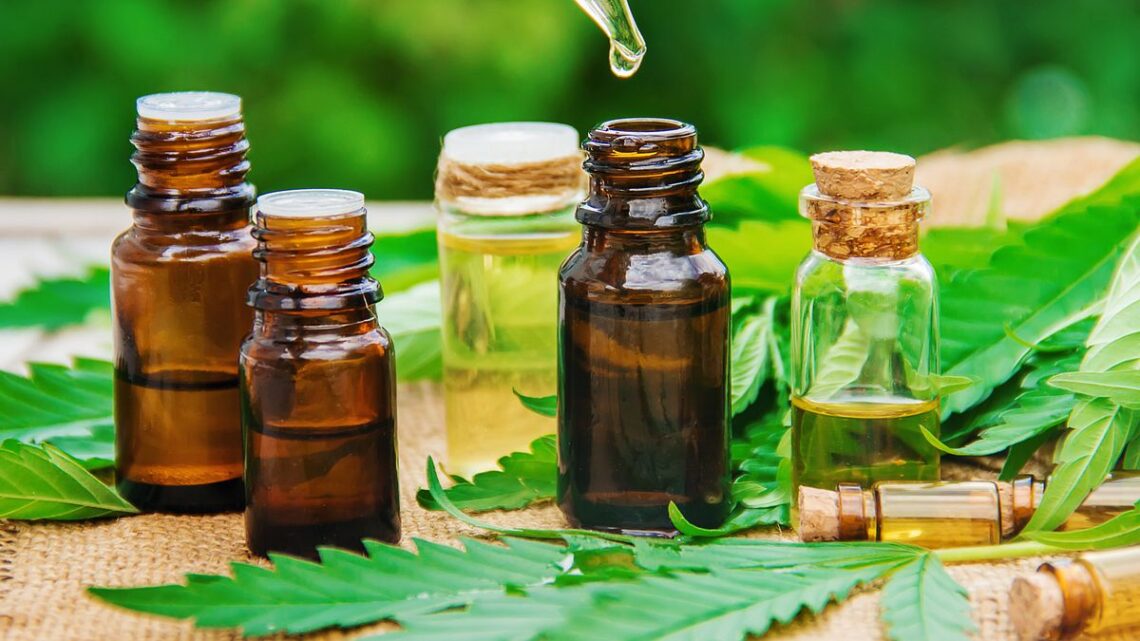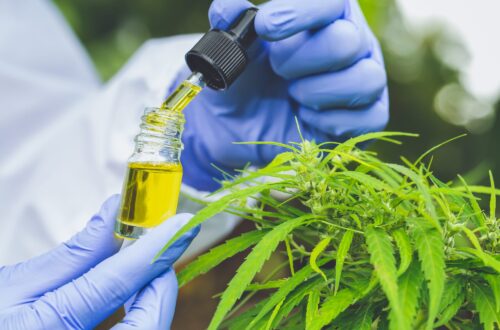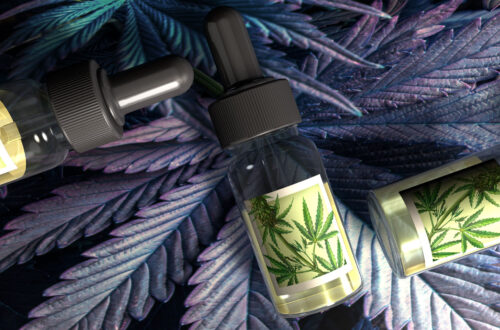
Using Medical Cannabis Treatment for Post-Traumatic Stress Disorder (PTSD)
A lot of individuals in Australia suffer from post-traumatic stress disorder (PTSD). In addition, a handful of the Australian adult population are likely be diagnosed with PTSD at some point in their lives. Those in the armed forces make up a disproportionately large portion of this group.
While there is currently no known cure for PTSD, promising new study points to the potential benefits of medical cannabis resources.
Medical Cannabis Treatment for PTSD: Advantages and Mechanism of Action
Medical cannabis’s potential efficacy in treating PTSD is supported by a number of studies. You may find some examples of them below:
- Medical marijuana has the potential to improve sleep quality by reducing insomnia and night terrors.
- Cannabis for medical use has the potential to increase blood flow to specific regions of the brain (rCBF). By alleviating stress and improving blood flow to the brain, this is beneficial on many levels.
- Asthma and chronic obstructive pulmonary disease (COPD) are more prevalent in those with PTSD, however terpenes like pinene can help alleviate their symptoms.
- Because the endocannabinoid system is involved in recovering memories, medical cannabis may help prevent the mind from revisiting unpleasant situations.
- Low levels of the feel-good chemical anandamide have been linked to PTSD. Boosting the amount of anandamide in the body has been linked to positive effects on mood and the alleviation of anxiety and terror.

It’s possible to replace benzodiazepines with medical cannabis. Contraindicated for use in the long-term therapy of post-traumatic stress disorder (PTSD), benzodiazepines are still frequently given for this condition.
There is some evidence that using cannabis can help with post-traumatic stress disorder (PTSD) symptoms. More than half of the PTSD symptoms were immediately alleviated by inhaling cannabis, according to the same study.
However, there are risks associated with taking medical cannabis for PTSD.
Methods of Administration and Dosage
Those looking to use cannabis as a treatment for post-traumatic stress disorder have a wide range of dose and consumption methods to choose from.
Inhaling cannabis vapour quickly decreased symptoms of post-traumatic stress disorder by more than 50%, according to a single research. This is probably related to the fact that inhaling vapour from cannabis requires a greater effort of the respiratory system, and that vaporising the flower results in nearly instantaneous bioavailability and effects.
There is a dearth of studies examining the effects of cannabis administration techniques other than smoking. Edibles would definitely function as a beneficial medical tool in lower doses and give longer-lasting relief for PTSD symptoms. Tinctures work in a similar way, although they’re quicker to show results.

Possible Adverse Effects and Risks
Many people have found relief from debilitating diseases, such as PTSD, by using cannabis for medical purposes. However, cannabis use isn’t right for everyone. The use of cannabis to treat PTSD or any other ailment is not without potential risks, including the following:
The symptoms include: headaches, nausea, extreme exhaustion, insomnia, heightened anxiety, and paranoia (more likely with cannabis containing high levels of THC)
Warning signs of post-traumatic stress disorder include hallucinations (especially terrifying for those who have dreams and flashbacks), bloodshot eyes, altered appetite, and altered mood.
In any case, you should always check your doctor before taking medical cannabis or any other drug, since you may have other adverse effects not listed here.
Treatments Besides Antidepressants for PTSD
The following treatments for PTSD can be taken alone or in addition to medical marijuana, as recommended by your doctor.
Therapy
Effective therapies include cognitive behavioural therapy for trauma among others (CBT). Cognitive processing therapy (CPT), prolonged exposure (PE), stress inoculation training (SIT), and present-centered therapy are some more forms of treatment (PCT).
Individual therapy with a licenced psychologist may be helpful for some persons suffering from post-traumatic stress disorder. Someone another may go to their family and friends for guidance. There is no universally effective method of therapy; rather, there are a wide variety of approaches that are commonly used in tandem.
Lifestyle
Medications aren’t the only option, though; healthy habits like getting enough rest, working out regularly, and eating well can help, too. PTSD treatment based on alterations to one’s way of life is very customised. There are many who would do better with a vigourous walk in the open air, while there are those who would do better with some quiet time in front of the fire at home.

Medications
To alleviate the symptoms of their condition, some persons with PTSD use antidepressants like sertraline (Zoloft). Additionally, sertraline is used to treat anxiety disorders such OCD, panic disorder, and social anxiety disorder.
Benzodiazepines (benzos) and other sedatives may be given for temporary use. Xanax, Klonopin, and Valium are just a few of the many commonly used benzos. Unfortunately, benzodiazepines are extremely addictive, and one research revealed that 17% of all benzodiazepine usage was the result of abuse or misuse. Long-term use of benzodiazepines to treat PTSD is also discouraged because of the risk they pose to patients’ resilience in the face of PTSD’s distressing symptoms.
Types of Medical Cannabis Most Effective for PTSD
The most effective strains are the ones you’ve found to be most tolerable. However, anecdotal evidence suggests that some strains, including as OG Kush, Cannatonic, Harlequin, Blue Dream, and Northern Lights, can alleviate symptoms commonly linked with PTSD.
We cannot generalise or anticipate how you will respond to any cannabis product, however strains rich in terpenes like myrcene, pinene, and limonene may be helpful.
In Conclusion
More clinical studies of medical cannabis for PTSD are necessary to determine its efficacy as a therapy for many soldiers and others with PTSD. The treatment of post-traumatic stress disorder is not standardised. However, a person with post-traumatic stress disorder who is also using CBD and medical cannabis may find relief from their symptoms.
Research has shown that medical cannabis can be an effective treatment for post-traumatic stress disorder (PTSD). Chronic Therapy will help you through the whole process of getting a medical cannabis if your ailment requires one.
To know more about where to buy medical cannabis in Australia and other medical marijuana resources, you should book a consultation session with a professional from Chronic Therapy today.





